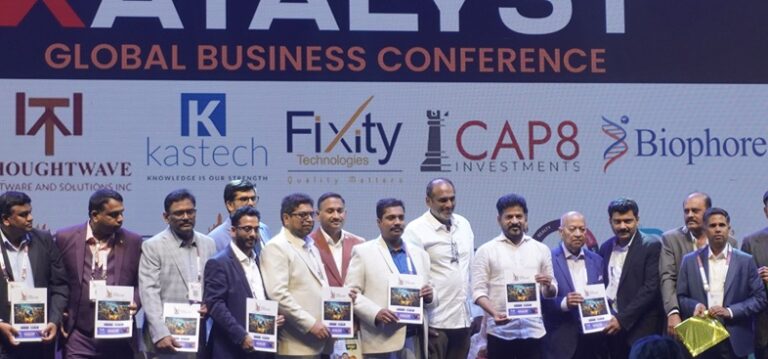15/07/2024- As India prepares for the upcoming Union Budget 2024, set to be presented by Finance Minister Nirmala Sitharaman in the Lok Sabha on July 23, industry leaders, economists, and policymakers are sharing their insights and expectations. This highly anticipated budget has sectors across the board hopeful for beneficial outcomes. Pre-budget expectations are pouring in, with various industries outlining their demands and aspirations. Stakeholders are keenly watching to see how the budget will address key economic challenges, stimulate growth, and support sustainable development. As the budget unfolds, the nation anticipates strategic measures that will drive progress and prosperity in the financial year 2024-25.
Comments By Industry Leaders:
Akshat Seth, Managing Director & CEO at HIL Ltd.
Devyani Jaipuria, Pro– Vice Chairperson- DPS International Gurugram, DPS Sector 45 Gurugram & DPS Jaipur.
“Given the current economic climate and the urgent need for educational reform, we eagerly anticipate the upcoming budget to prioritize substantial increases in funding for education. We strongly advocate for the government to aim for a significant allocation boost, particularly for higher education institutions. Enhancing infrastructure, bolstering research capabilities, and ensuring overall educational quality are critical for our nation’s growth trajectory. We hope to see a commitment towards achieving an adequate allocation of GDP to education, paving the way for transformative reforms and the establishment of new educational institutions, especially in the K-12 segment.”
Khadim Batti, Co-Founder & CEO, Whatfix:
“India’s booming SaaS industry, fueled by the startup ecosystem, is a key driver of digitalization and has high expectations from the upcoming Union Budget 2024. Streamlining regulations, tax benefits for early-stage companies, and easier access to capital are anticipated by the industry. Robust digital infrastructure with high-speed internet and data centers are also critical for SaaS operations, and continued investment is essential to bolster the ecosystem.
Beyond infrastructure, talent acquisition and development are paramount. The budget should prioritize the expansion of the angel tax to foreign investors, as foreign investment is a significant driver of growth and innovation. We also expect revision in the ESOP taxation structure to reduce the burden on employees who exercise stock options, thereby attracting and retaining top talent. Additionally, aligning Long-Term Capital Gains (LTCG) tax treatment for unlisted companies (including both ESOPs and equity investments) with that of public companies would also incentivize greater investment in startups.
A significantly larger dedicated fund specifically for AI and other frontier technologies is critical. This ecosystem holds the key to propelling India towards its aspired $7 trillion economy by 2030. Incentives for adopting advanced technologies like AI and IoT are also advocated for, as they are vital for boosting efficiency and global competitiveness.
Skilling the workforce remains a top priority. The current gap in qualified AI professionals necessitates government initiatives to bridge the tech skill gap and encourage industry-academia collaboration. Prioritizing AI research empowers youth for a productive future in the 21st-century economy. Further investment in Skill India Digital can enhance workforce capabilities, fostering innovation in emerging technology and keeping India competitive globally.
I am confident that India can lead the global digital economy by fostering a robust digital ecosystem, enhancing the ease of doing business, and promoting continuous learning and innovation. By addressing these expectations, the budget can empower the Indian SaaS industry to become a global leader in innovation and solidify India’s position as a digital frontrunner.”





+ There are no comments
Add yours